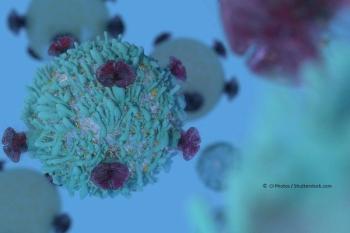
Recent studies on CAR T-cell immunotherapy, and the recent approval of a new agent, add to evidence supporting the efficacy of these therapies.

Recent studies on CAR T-cell immunotherapy, and the recent approval of a new agent, add to evidence supporting the efficacy of these therapies.
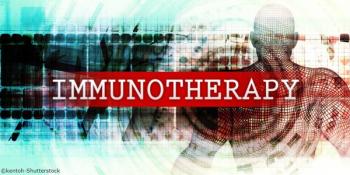
The STRIvE-01 study explored the safety of CAR T-cell therapy in children and young adults with relapsed or refractory solid tumors.
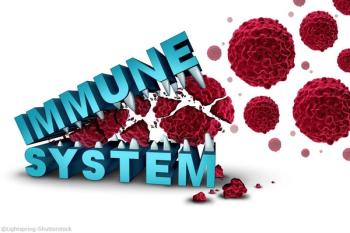
A murine study suggests this engineered combination may offer a major advantage over current CAR T-cell–based immunotherapies.

More than 20% of patients with non–clear cell RCC had a germline mutation, and half of this group could benefit from direct systemic therapy.

In TRANSCEND NHL 001, the CD19-directed 4-1BB CAR T-cell product lisocabtagene maraleucel yielded durable responses in heavily pretreated R/R DLBCL.

Therapy with CAR T cells may benefit patients with highly refractory multiple myeloma, said U Penn’s Adam Cohen at ASCO 2018.

Using CRISPR/Cas9 gene editing to remove CD7 from healthy T cells, researchers have found a way to use third party T cells for CAR-T therapy in T-cell hematologic malignancies.

The combination therapy increased the attraction of immune cells to fight non-small cell lung cancer and also boosted the response to immune checkpoint inhibitors.

MMG49 has been identified as a monoclonal antibody that can be targeted using CAR T-cell therapy for patients with multiple myeloma.

A proof-of-concept study has demonstrated that resistance to treatment in multiple myeloma and mantle cell lymphoma could be linked to a protein called Nrf1, which appears to respond to proteasome insufficiency or pharmacological inhibition.

A potentially practice-changing study presented at 2017 ASH shows high rates of sustained complete response in patients with relapsed/refractory diffuse large B-cell lymphoma who were treated with CTL019 CAR T-cell therapy.

The FDA approved alectinib as first-line therapy for ALK-positive non-small cell lung cancer based on results of the ALEX study, which showed significant improved PFS compared with crizotinib.

A team of investigators from multiple institutions has proposed new guidelines for monitoring, grading, and managing the side effects of CAR T-cell therapy.

Acalabrutinib has been granted FDA Breakthrough Therapy Designation for the treatment of patients with mantle cell lymphoma who have relapsed or have received at least one prior therapy.

ODAC approval of Novartis' CAR T-Cell therapy paves the way for its FDA approval as a commercially available treatment for B-cell ALL.
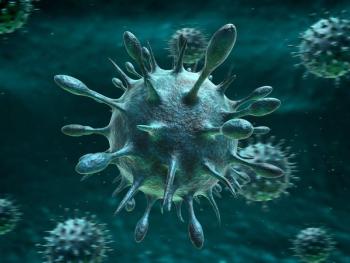
Neural stem cell therapy combined with a common cold virus may be a highly effective way of improving outcomes in patients with newly diagnosed malignant gliomas.

CAR T-cell therapy may have a role in combating relapsed/refractory multiple myeloma, according to new data from a phase I study presented at the 2017 ASCO Annual Meeting, held June 2–6 in Chicago.

Anti-CD19 CAR T-cell therapy may benefit patients with aggressive B-cell non-Hodgkin lymphoma who have relapsed or are refractory to standard therapy.

A new triple therapy approach using a checkpoint inhibitor and T-cell therapy is showing considerable promise in the treatment of Merkel cell carcinoma.

Higher doses of the kinase inhibitor brigatinib as second-line therapy for ALK-positive non–small-cell lung cancer may be an option for some patients.

Researchers at Seattle Children's Research Institute announced the first-in-human clinical trial aimed to extend remission for children and young adults with leukemia treated with CAR T-cell immunotherapy.

Using state-of-the-art gene editing technology, researchers have discovered a promising target to treat atypical teratoid/rhabdoid tumor (AT/RT), a highly aggressive and therapy-resistant brain tumor.

The US Food and Drug Administration (FDA) in record time has approved nivolumab (Opdivo) for the treatment of patients with recurrent or metastatic squamous cell carcinoma of the head and neck (SCCHN) with disease progression on or after a platinum-based therapy.

It turns out that CAR T cells can do more than directly attack cancer cells. They can be used as “micro-pharmacies” for precise therapeutic delivery in B-cell lymphomas.

Investigators in Pittsburgh are now reporting it may be possible to delivery gene therapy to cancer patients in an entirely new way. Instead of using viruses as vehicles, it may be possible to use ultrasound energy.

The targeted therapy drug everolimus may be safely combined with R-CHOP in newly diagnosed, untreated diffuse large B-cell lymphoma.

Induced pluripotent stem cells (iPSC) may provide an unlimited number of phenotypically defined, functional and expandable autologous antigen-specific T cells with the characteristics needed to combat cancer.

Researchers in Seattle are reporting success with an experimental therapy that modifies T cells to express a CD19-specific chimeric antigen receptor (CAR) to treat B-cell malignancies.
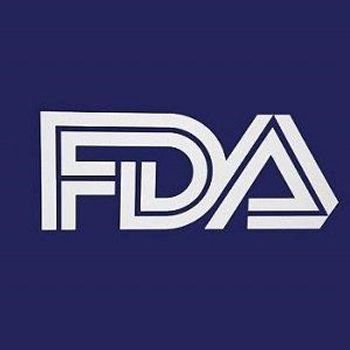
Clinicians now have a new targeted therapy option for treating patients with advanced renal cell carcinoma (RCC) who have received prior antiangiogenic therapy.

Second-generation, EGFR-directed therapy afatinib (Gilotrif) may be superior to first-generation gefitinib (Iressa) in reducing the risk of disease progression and treatment failure in first-line treatment of patients with EGFR mutation-positive, advanced non-small cell lung cancer.
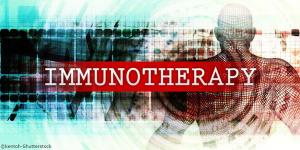
Published: August 15th 2018 | Updated:

Published: August 3rd 2017 | Updated:

Published: June 14th 2017 | Updated:

Published: April 21st 2015 | Updated:

Published: May 13th 2016 | Updated:

Published: July 6th 2016 | Updated: